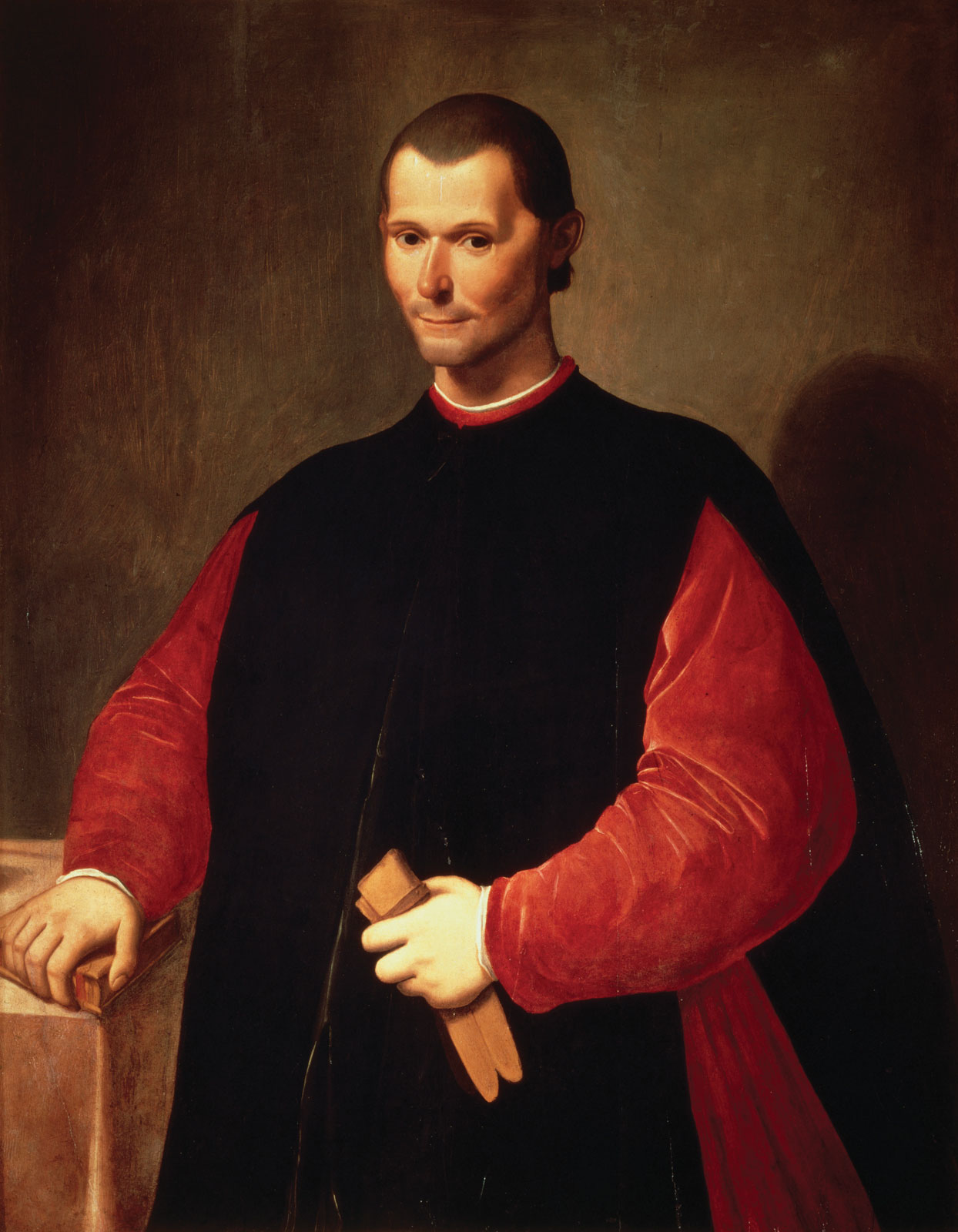Innovation in the Renaissance and Early Modern Europe
OCTOBER 29, 2016
The European Renaissance ushered in a new age of creative thinking across several areas of human endeavor. This interdisciplinary seminar will explore changes in early modern music, literature, the visual arts, and politics to understand how artists and thinkers developed new ideas and critical perspectives during this era; they did not just resurrect ancient writers or past philosophies, as the name “Renaissance” seems to imply. Tim Carter discusses where early modern Italian music fits in music history periodization. Jessica Wolfe analyzes how writers responded with excitement and anxiety to the advent of new scientific knowledge. Carolyn Allmendinger describes the revolutionary advent of oil painting. Stephen Leonard examines influential new theories about political power and republicanism.
TOPICS & SPEAKERS
In Search of “Renaissance” Music
Tim Carter, David G. Frey Distinguished Professor of Music
Invention, Antiquity, and Novelty in Renaissance Literary and Scientific Culture
Jessica Wolfe, Professor of English and Comparative Literature
A “Beautiful Invention and a Great Convenience:” Oil Painting in the Italian Renaissance
Carolyn Allmendinger, Director of Academic Programs, Ackland Art Museum
Machiavelli and the Modern Republican Legacy
Stephen Leonard, Associate Professor of Political Science
Old or New: Rebirth and Creation in the Early Modern Age?
A panel discussion with our speakers
Time & Cost
9:15 a.m. to 4:30 p.m. Saturday, October 29, 2016. . The tuition is $125 ($110 by Sept. 1). Tuition for teachers is $62.50 ($55 by Sept. 1). Teachers can also receive a $75 stipend after attending (click here for more information) and 10 contact hours for 1 unit of renewal credit. The optional lunch is $15.00.
For information about lodging click here.
Co-Sponsored by the General Alumni Association.
For information about GAA discounts and other scholarships available to Humanities Program participants, click here.
